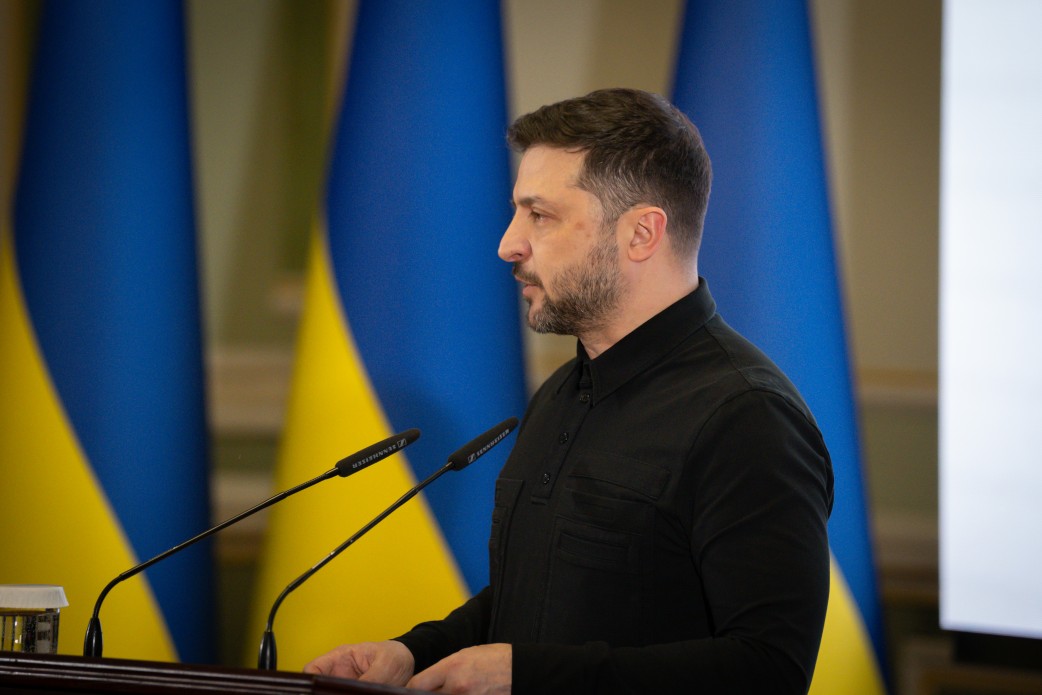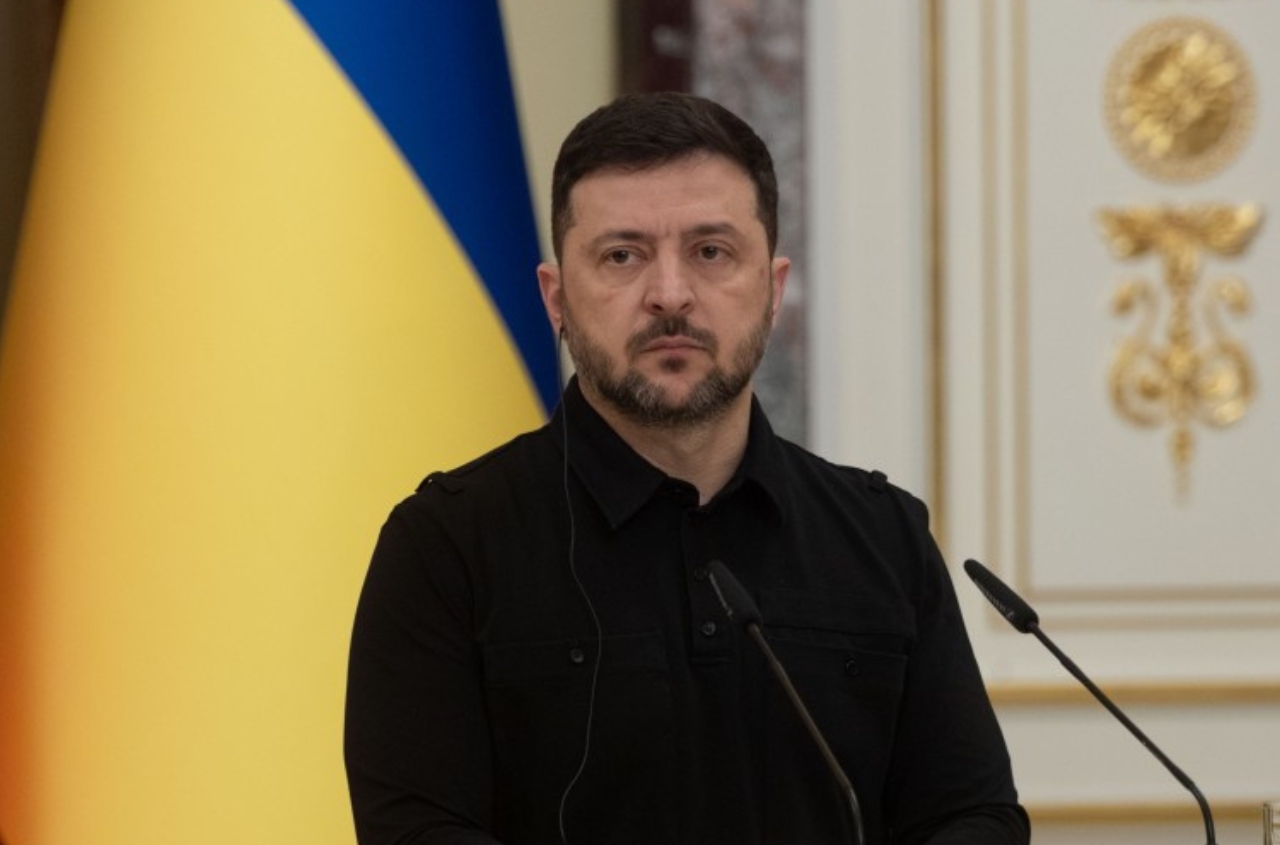By Iliya Kusa
The global task of the United States is to transform the decline of its hegemony into a manageable system and maintain leadership in the trade, economic, industrial, and scientific sectors through reindustrialization and capital consolidation.
This task arises from the gradual realization by the American establishment that the "unipolar moment" has irrevocably passed, and it must adjust to the realities of the next world order, which will be multipolar and dynamic in the long term. In such a system, the United States will be deprived of the exclusive and monopolistic ability to decide and change everything, particularly through the use of military force.
Solving this task implies that the United States must:
- Optimize its expenditures: cut unnecessary costs, reduce non-priority spending, and focus on the most important areas.
- Redistribute its global presence and influence through multilateral partnerships or bilateral alliances, whether existing or new. For example, withdrawing from the Middle East and leaving a coalition of "old allies" (Egypt, Jordan, Israel) plus the Gulf monarchies to rely on if necessary. Alternatively, they could create a system of containing China in the Asia-Pacific region, either based on existing partnerships or by globalizing NATO.
- Avoid unnecessary conflicts that would drain resources and potentially place the U.S. in a position of dependence on uncontrollable circumstances. This concerns nuclear war and direct confrontation with Russia, China, North Korea, or Iran. Therefore, the use of military force by the U.S. in this logic should be minimized.
Obama began moving in this direction and made some initial steps but stumbled over the Middle East and Russia. Trump also moved in this direction during his 2017-2021 term, but achieved only partial results, and not everything was realized. Biden moved in the same direction but also faced failures, although he laid the foundations for new partnerships in Asia and attempted to rethink NATO's role in Europe. Trump will move in this direction again during his second term from 2025-2029.
In this context, the United States will likely approach Ukraine in one of two ways, as I see it:
- They will continue the current model of support. Assistance will be scaled back, some costs will be reduced, and some burdens will shift to Europeans. Support will ensure Ukraine's stability and prevent Russia from achieving a major military victory. Ukraine will continue to weaken Russia at its own expense, receiving Western assistance and possibly counting on small bonuses in the form of starting NATO membership talks and increasing military goods that it can purchase on credit. The intensity and scale of the war will remain within unwritten limits to avoid uncontrolled escalation and nuclear war. Meanwhile, the U.S. will try to pressure Russia using non-military measures, strengthening sanctions and attempting to influence global oil prices.
- They will decide that the war in Ukraine has already fulfilled its function of weakening Russia in 2022-2023, and now it has become more of a problem than an asset, pushing Russia closer to China, weakening U.S. global leadership, and creating conditions for the formation of alternative non-Western partnerships. In this case, the U.S. may decide that it is in their interest to end the war. Since it is unlikely that they can force Russia and Ukraine to sign a comprehensive mutually beneficial peace agreement, the focus would shift to freezing the front lines. A large portion of the aid would be shifted to European shoulders.
Both options allow the U.S. to solve its global tasks. I would say that the second option is more likely for Trump right now, considering his pre-election promises, the views of his close advisers, and the desires of some of his voters. He will definitely try to implement it, and if it doesn’t work, the first option will always be available.
Trump does not yet have publicly articulated answers to the questions: (1) how to convince Ukraine to agree to a politically unpopular option for ending the war, (2) what to offer Russia to get it to agree to a ceasefire, settling for de facto control of the territories seized during the war and promising at least neutrality regarding China.
There is also the European factor, on which Trump will try to shift part of the financial and military burden of Ukraine's costs. Will all European countries agree to this? And what if there is a government that does not want to spend money on Ukraine? For example, what is happening in Germany now brings this question into sharp focus: from January to March 2025, Germany will be unable to act actively on the Ukrainian front and lead the EU. Most likely, the initiative will pass to France.
In any case, our government will need to try to persuade Trump to secure favorable terms under one of the two options, while also preparing for both scenarios, including the possibility that the U.S. will shift toward an internal agenda and we will not be able to rely on them fully.
Unfortunately, our foreign policy on the American front continues to suffer from the same problems I described four years ago in one of my articles (link in comments below), when I analyzed the visit of then-Secretary of State Mike Pompeo to Kyiv. These issues need to be addressed as well.




















